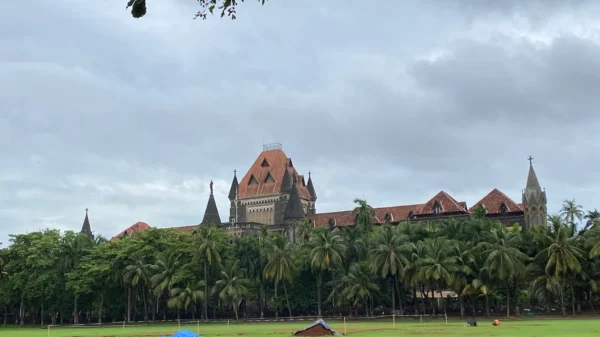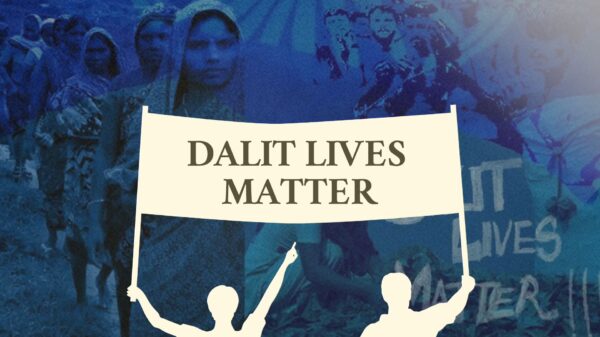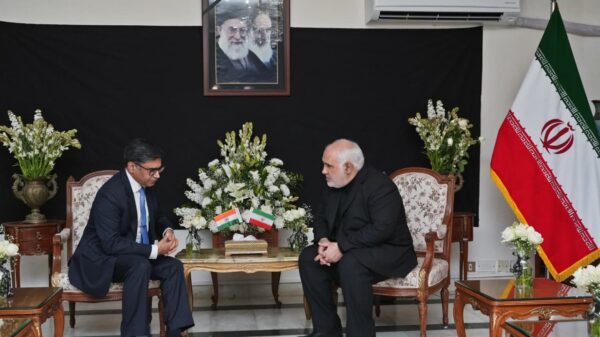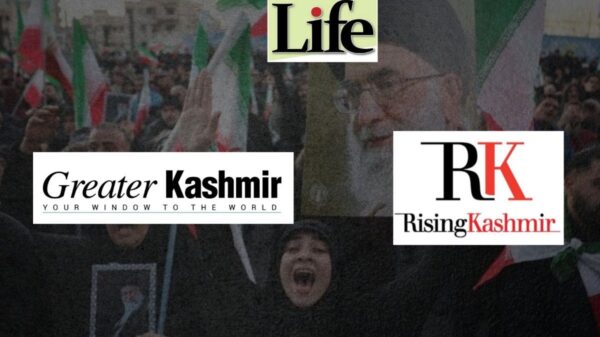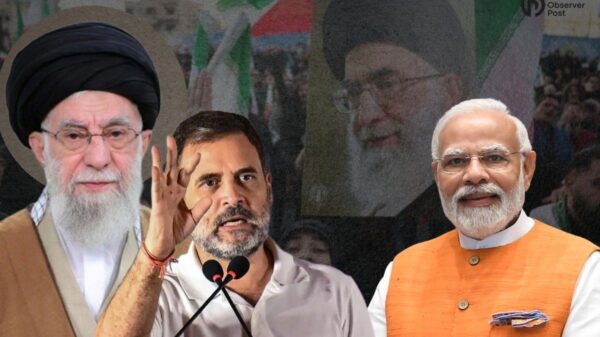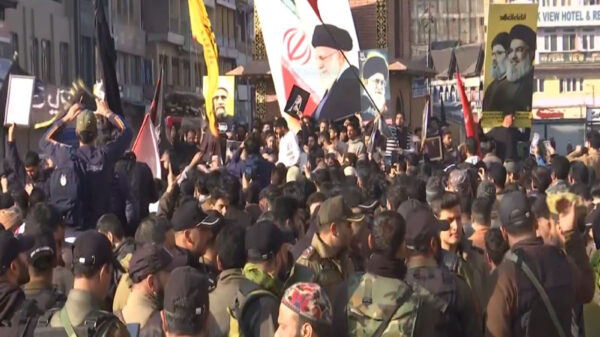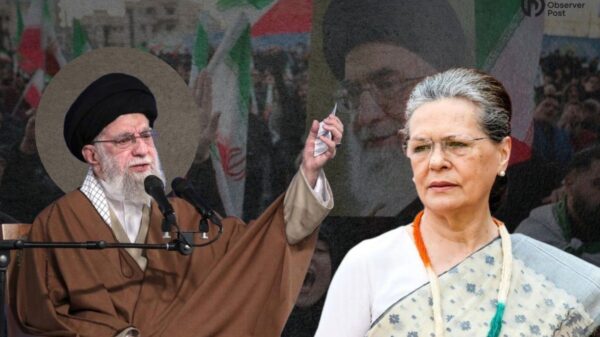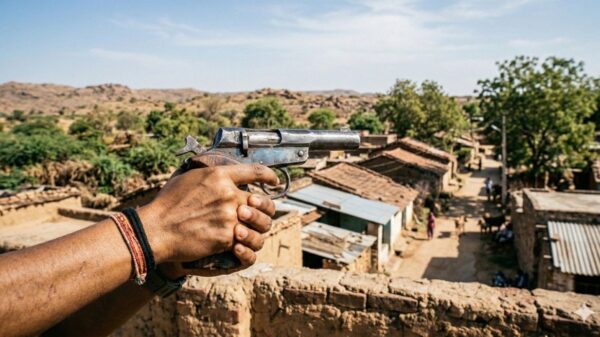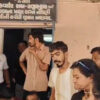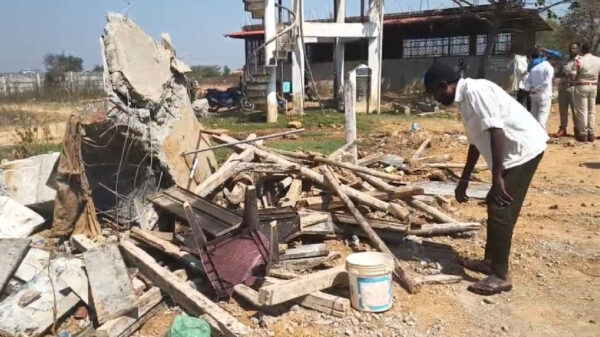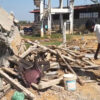An incident of caste-based discrimination took place in Dev Doongri village in Rajasthan’s Rajsamand district, where a Salvi family from the Scheduled Caste (SC) community faced opposition during a funeral ceremony. The family was trying to perform the last rites for Ghisa Ram, who passed away on October 31. The burial was to take place on cremation land that had been allocated by the village administration.
However, members of the local Rawat community tried to stop the funeral. Around 50 to 100 people from the Rawat community, including women, arrived and began throwing stones. They broke the windshield of the JCB machine being used to dig the grave and assaulted the driver. Caste-based slurs were also hurled at the Salvi community members.
Ganga Ram, the son of the deceased, told The Mooknayak, “They told us, ‘People of a lower caste like you cannot perform last rites on our land.'”
The confrontation led to the Salvi family being threatened and ordered to leave the area. Ganga Ram also claimed that members of the Rawat community had been restricting them from using the cremation land, and had stopped SC women from visiting local work sites and shops. “They even stopped us from buying goods from shops in the area,” Ganga Ram said.
Tensions in the village have been growing for months. The village administration had allocated grazing land for the Salvi community to use as a cremation ground. Before this, the SC community had been burying their dead on privately owned land, but it was often flooded during the monsoon. Despite the allocation, the Rawat community has been opposing the use of this land.
Veeram Ram, a retired army man from the village, said, “The Rawat community is larger and more influential. They opposed the cremation ground from the beginning. They’ve even separated the MGNREGA muster rolls based on caste.”
The incident led to a police intervention, with the Bhim police station in charge and Deputy SP arriving with a force to ensure the funeral could proceed. After the intervention, Ganga Ram filed an FIR, accusing 22 named individuals and many others of caste-based abuse, threats, and assault. The FIR includes charges under the Scheduled Castes and Scheduled Tribes (Prevention of Atrocities) Act.
Dalit rights activist Bhanwar Meghwanshi condemned the incident, calling it another example of deep-rooted caste discrimination in Rajasthan. He said, “This incident shows how marginalized communities are still denied basic social and religious rights.”
Meghwanshi added that activists in Bhim plan to submit a memorandum to the district administration, asking for their intervention in this matter.







